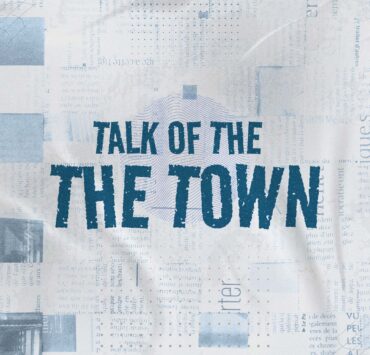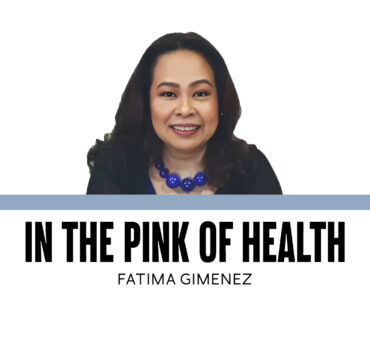Campaigning through compassion

In the devastating aftermath of Typhoon “Tino,” at least 204 people have been confirmed dead, while over a hundred more are still missing. One of the most heartbreaking stories was that of a six-month-old girl swept away by the flash flood. The image of her lifeless body has since gone viral with a clarion call to hold public officials accountable for flood control projects that never materialized. “This is how corruption kills. Remember her name,” read the posts urging people to vote wisely next time.
But when I visited the Facebook page of the baby’s aunt, I found a different story. Amid several grieving posts were photos from the funeral. Beside the tiny white coffin were two enormous floral wreaths wrapped with a ribbon sash bearing the names of two of the country’s top-ranking government officials. In the caption, the aunt thanked everyone who donated money for her niece’s funeral, “especially to all the politicians.”
This is the quiet power of padrino politics. For many families like theirs, political concerns do not necessarily center on good governance issues. Online, people are angry, and use pictures of typhoon victims to demand justice and reform. But for many families on the ground, it is about who shows up for them in moments of death and dire need. And in the next elections, it will most likely be this gesture of kindness that the family will remember, rather than the online posts claiming that the country deserves better.
Politicians understand this dynamic all too well. In moments of crisis, compassion often becomes a campaigning tool to secure voter support and consolidate power. A friend from Cebu shared how one official prioritized handing out relief goods stamped with their face rather than clearing the roads, leaving certain areas impassable for days and littered with animal carcasses. Rather than treating basic assistance as part of their duty, many politicians use it as an opportunity to foster a sense of indebtedness among their constituents through utang na loob. In turn, beneficiaries feel morally obliged to support the politician who helped them, thereby strengthening loyalty and political alliances. The very people who were failed by the system are the ones who end up sustaining it.
Unfortunately, there are those who, amid the tragedy, chose to respond with moral superiority, declaring that the poor got what they deserve for electing the wrong leaders and faulting them for their supposed shortsightedness and lack of discernment. But in a country where one’s ability to overcome urgent situations is contingent on whose “kindness” one can count on, the sustained reliance on a padrino is in fact a rational and pragmatic survival strategy.
The problem is not that the ordinary voter can’t think long-term; it’s that they feel they have no reliable alternative but to rely on the immediate material security that a padrino provides. So long as the state cannot provide reliable social safety nets such as universal health care, efficient disaster response, and accessible justice systems, patronage networks will always inevitably fill those gaps. An informal economy of favors and loyalty will persist, enabling an easily corruptible and distorted substitute for genuine governance. The question now is, if the current system serves the incumbent, what would be the motivation for them to change?
History shows that even the most entrenched systems eventually bend under pressure. Patronage politics cannot be dismantled overnight, but cracks begin to emerge when the risks of maintaining the system outweigh the political gains. For instance, when corruption and systemic neglect lead to widespread suffering—as we often see in the aftermath of natural disasters—incumbents are forced into action. Faced with growing dissent and eroding legitimacy, some are compelled to introduce reforms, not necessarily out of virtue or newfound moral conscience, but as a calculated move for continued political survival. In recent months, we have seen how powerful public anger can be in forcing government officials to pay attention. Rather than dissipating our focus by blaming the voters, civil society and media must continue to track every unbuilt flood control project and shady construction contract, to demand accountability and justice, and prevent the news cycle from simply moving on.
In the same way, rather than faulting people for accepting aid and money from politicians, our collective anger should be directed at exposing the illusion of generosity embedded in political patronage and the exploitative cycle it sustains. True public service prevents suffering; it does not merely offer superficial consolation after the fact. A six-month-old’s death should not be a prop in anyone’s political campaign. We cannot allow ourselves to remain a nation where the same corrupt hands that failed to protect us are the first ones we thank when we bury our dead.
—————
eleanor@shetalksasia.com


















